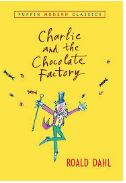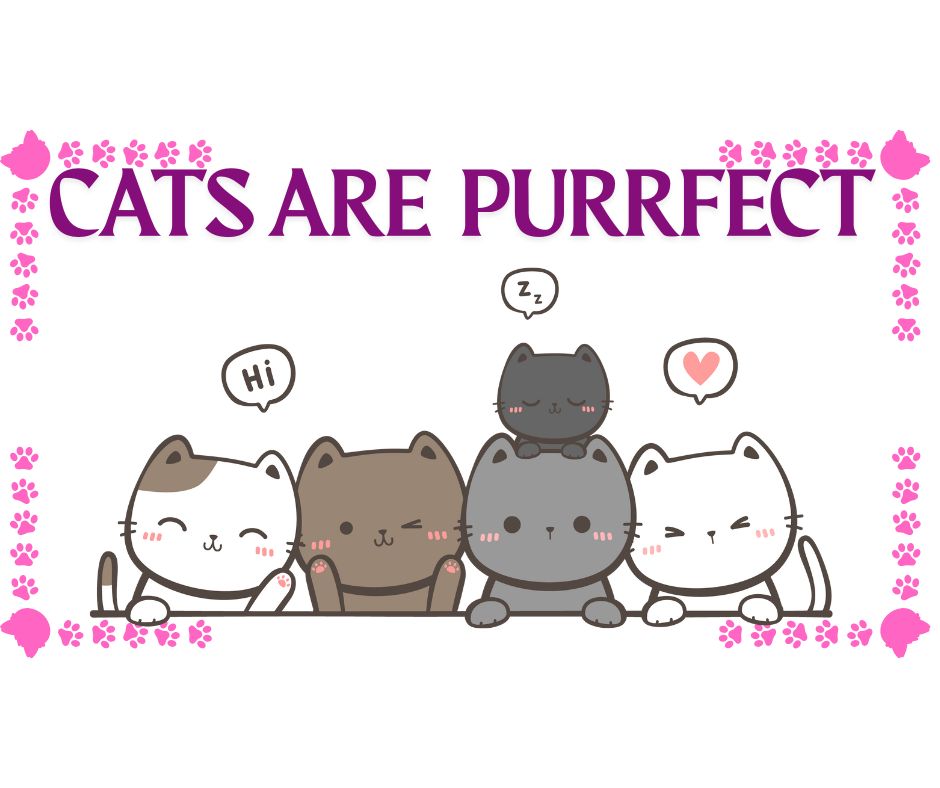The History of Charlie and The Chocolate Factory
April 4, 2023
Originally published as a book in 1964 by author Roald Dahl, the story is often called a children’s classic.
But why?
The story of Charlie Bucket, an 11-year-old boy living in the town home to the famous Wonka Chocolate
factory. Charlie lives with his mother, father, and four grandparents in a small house. His family is poor
but happy. One day, it is announced that 5 golden tickets will be put inside certain chocolate wrappers
and be distributed all over the world. The five children (as well as 1 adult guardian,) will be treated to a
tour of Wonka’s elusive factory, and one special child will receive a gift beyond their wildest
imagination.
The first winner of the ticket is Agustus Gloop, a gluttonous German boy. The second is Veruca Salt, a
spoiled rotten girl. Then Violet Beauregarde, a world champion gum-chewer. Second to last was Mike
Teavee, a young boy addicted to television. Lastly, after finding money in the snow and buying a
chocolate bar, Charlie finds the last ticket.
During the tour of the factory, the first of the four children give in to their impulses and are ejected from
the tour in comical ways. Leaving only Charlie, who deemed the wisest and best, Willy Wonka invites to
become heir to the chocolate empire.
During the book’s writing, Charlie originally was black, however, Dahl’s agent influenced him to change
Charlie’s race to white, citing that it would sell better that way.
In the first edition publication of the book, the Oompa Loompas were described as African Pygmies, and
were drawn as such in the book’s illustrations.
After the announcement of a movie adaptation, the NAACP published a statement expressing concerns
about the Oompa Loompa’s origins of being transported from Africa to the factory resembled slavery.
Dahl sympathized and republished an edited version where the Oompa Loompa’s were white, and
resembled hippies. The references to Africa were also deleted.
“You should never, never doubt something that no one is sure of,” Roald Dahl said.



